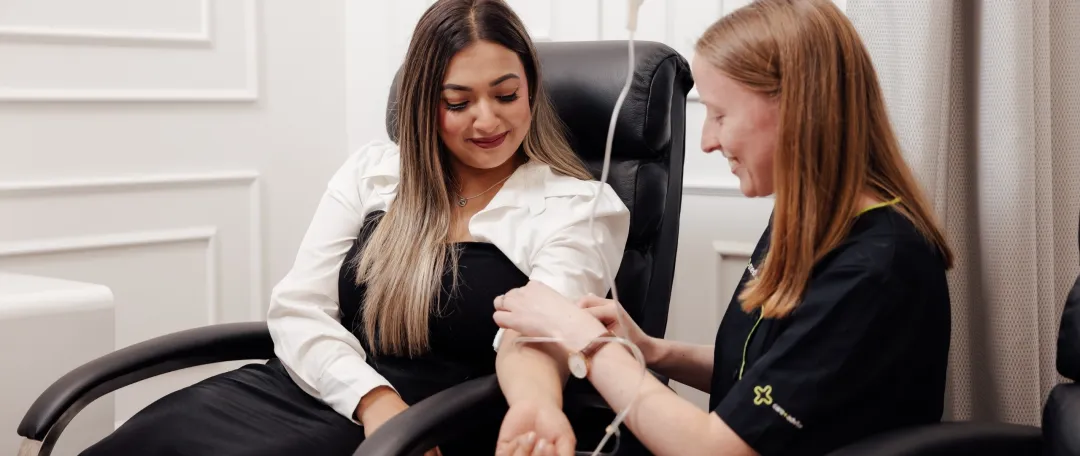We provide a wide range of immunisation services to help protect you and your whānau from preventable diseases.
Why immunisation is important
Immunisation is vital for maintaining good health and preventing the spread of infections. By keeping your immunisations up to date, you safeguard your health while also helping to protect vulnerable groups, such as children and the elderly.
Our immunisation services include:
Routine childhood immunisations
Following the national immunisation schedule to protect your child from diseases such as MMR, whooping cough, pneumococcal disease, meningitis, and hepatitis B.

Seasonal flu vaccinations
Available for all age groups, especially those at high risk – more information can be found here.
Occupational health immunisation
For healthcare workers and other professionals at risk of exposure, including tetanus.
Catch-up immunisations
For those who may have missed vaccinations earlier in life.
HPV – cervical cancer vaccine
Available for everyone, male and female, aged 9–26 years.
Shingles
Shingles are more common in older adults and those with a weakened immune system. Immunisation can lower your risk of developing shingles and prevent the lasting pain it may cause.
Travel immunisation
Including yellow fever, hepatitis, and typhoid vaccines for those travelling abroad – more information can be found here.

Infusion therapy services
Infusion therapy is a convenient and effective way to deliver medications, vitamins, and nutrients directly into your bloodstream. This method particularly benefits patients who cannot take medications orally or require faster absorption.
What is infusion therapy?
Infusion therapy involves administering fluids, medication, or supplements through an intravenous line (IV). It is commonly used for treatments such as:
- Iron infusions: For individuals with iron deficiency or anaemia.
- Medications: For chronic conditions
- Hydration therapy: For severe dehydration or electrolyte imbalances.
Fees and coverage
Please check with your chosen medical centre for information about pricing and availability.
How to access our services
Appointments can be booked online or by contacting your chosen medical centre.
Resources and education
There are some great resources and tools available online. Here are our top recommendations:
